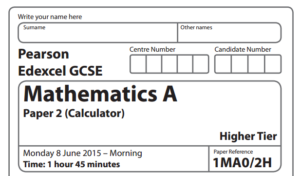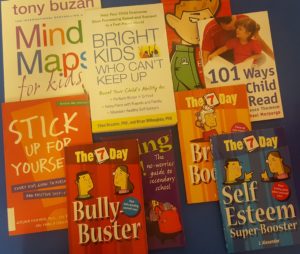Spelling and Grammar
We like the mnemonics activities here http://www.bbc.co.uk/schools/spellits/home_flash.shtml
The spelling activities on this game are excellent http://www.bbc.co.uk/schools/ks2bitesize/english/spelling_grammar/spelling/play.shtml
An abundance of grammar related links can be found here http://tinyurl.com/3kwb3v5.
Practise http://tinyurl.com/53bq9ractise homophones here http://tinyurl.com/3g5zo9e.
Creative Writing
Most of your creative writing study should be done with pen and paper, but for variety there are some useful links below:
Use http://www.storystarts.co.uk/ and this website http://home.freeuk.net/elloughton13/characte.htm has some inspiring ideas for characters to write about.
The myth machine http://teacher.scholastic.com/writewit/mff/mythmachine.htmhelps you brainstorm a myth of your own.
Here are some maths links.
Algebra
Basic equations
Algebra
Some more basic practice
Algebra
Beyond the basics
Algebraic expressions quiz – easier
Algebraic Expressions quiz from quia.com – harder
Angles
Everything you need to know about angles (plus how to use a protractor, which is needed for Key Stage 2 SATs, but not for entrance exams).
Area and Perimeter of Irregular shapes
Averages (Mean, Mode, Range and Median)
Calendar, the – how to remember how many days are in each month.
Capacity – game
Cube numbers – and your child will also need to understand square numbers.
Factors – a fun Who Wants to be a Millionaire-style game
Fractions – BBC Skillswise provides a full range of factsheets and worksheets covering everything your child needs to know for entrance exams.
Further Fractions – with percentages
Fractions of quantities interactive lesson from BBC Key Stage 2 Bitesize
General number skills – Woodlands Junior School in Kent provides a vast treasure trove of educational games and interactive activities.
Multiplication – Woodlands Junior School has some great tricks and tips to help you remember multiplication facts.
Negative numbers – BBC Skillswise factsheets and worksheets. There is also a game on the Maths is Fun website.
Ordering decimals – this game from Soft Schools is very effective and moves up to higher levels when required.
Pie charts – this activity from Subtangent clearly explains how pie charts work.
Prime numbers – Murderous Maths has an explanation, a trick and a special prime number calculator.
Probability – BBC Skillswise factsheets and worksheets
Properties of shapes – Innovations Learning has a very clear explanation of different shapes’ properties.
Properties of shapes – various links – a host of shape-based activities, including 3D shapes and nets, courtesy of Woodlands Junior School.
Ratio – a complete guide from BBC Skillswise.
Ratio – Ratio Blaster game from Arcademic Skill Builders.
Reflections and rotations – An activity from BBC Bitesize.
Rotational symmetry – Another wonderfully clear explanation from Subtangent Maths.
Symmetry – try the Symmetry Sort from Crickweb.
Symmetry – test your knowledge of symmetry with this quiz from Innovations Learning.
Word Problems – there are many word problems activities online but we particularly like this one; its all about head lice …
Volume – factsheets and worksheets from BBC Skillswise.











